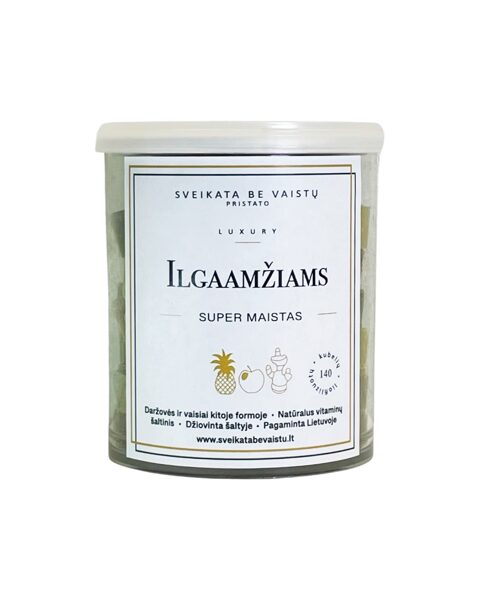Let's consider a few more interesting cases: the inhabitants of Okinawa (Japan) consume 10 parts of carbohydrates and 1 part of proteins (the elderly people were studied from 1975 to 2016). It has been observed that two-thirds of them live independently until the age of 97, without the help of others and do not have any signs of cardiovascular diseases, their arteries are not calcified, therefore heart failure is not typical, cancer, diabetes, senile dementia, Alzheimer's and Parkinson's diseases are rarely diagnosed. The basis of their diet is: sweet potatoes and rice, root vegetables, buckwheat, soybeans (tofu and miso), yellow and green vegetables (cabbage and bell peppers), herbs, seafood and algae and fish, mushrooms (shiitake, maitake, eringi, matsutake, nameko) and a very small percentage of red meat and also small amounts of food because they value food as medicine. A likely explanation is that calorie restriction alters cellular energy signals so that the body allocates more resources to cell storage rather than growth and fattening. It has also been noticed that the long-lived people of other nations consume little protein: the Kitavans of Papua New Guinea, the Cimans of South America, the Nicoyas of Costa Rica, the Sardinians of Sardinia, and the Loma Linda Adventists of Southern California.
"The whole secret is a different diet"
Karen Ryan, a nutritionist from California, noticed that amino acid deficiency causes cells to recycle old materials (instead of synthesizing new proteins), and it turns out that the accumulation of damaged proteins is the cause of many of the diseases listed here (therefore, consuming too little protein cleanses the body and this is avoided). Nutrition should change in the course of life, we should get proteins from vegetable nutrition, not from milk or meat products. David Katz, Ph.D., of Yale, says antioxidants in plants protect cells and hormones from inflammatory damage and help prevent the damaging effects of elevated cortisol levels.
Tip: Remove processed carbs, white pasta, rice, muffins, cakes, baked goods from your diet and replace them with sweet potatoes, buckwheat or brown rice, broccoli, seaweed, mushrooms, beans, artichokes, leeks, asparagus, avocados, pumpkin and don't forget to drink enough water and green or black tea to provide the body with antioxidants and also walk as much as possible instead of using vehicles.
